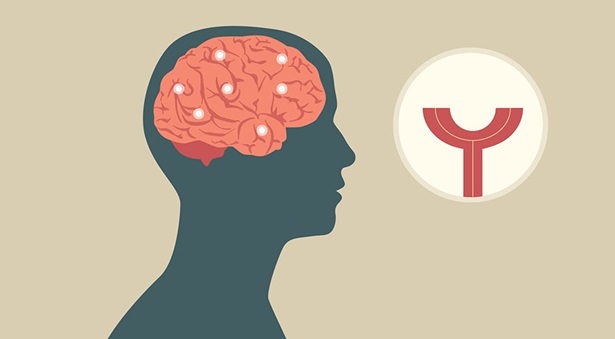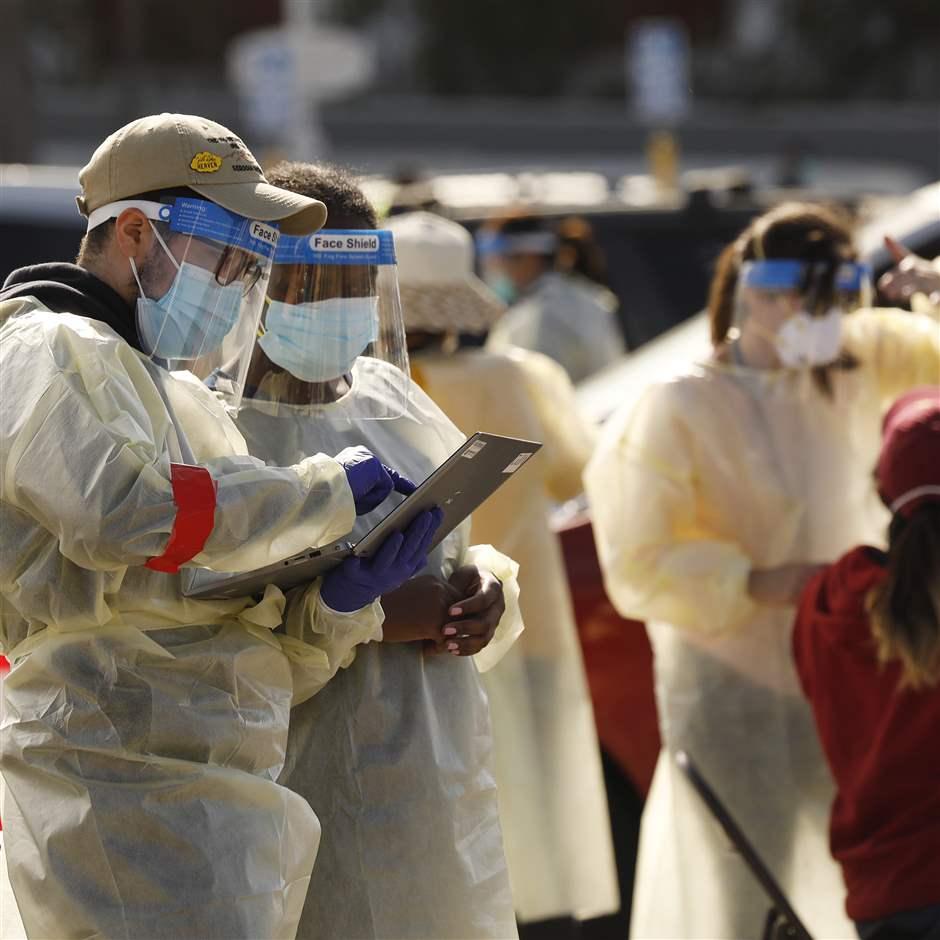Sections
- Topics
- Health Care
- Antibiotics
- Arts & Culture
- Biomedical Research
- Economic Mobility
- Family Finances
- Fiscal & Economic Policy
- Global Trends
- Higher Education
- Hispanics
- Infrastructure
- Internet & Tech
- Land Conservation
- Media & News
- Ocean Conservation
- Religion
- Retirement
- Social and Demographic Trends
- U.S. Policy
- U.S. Politics
- U.S. State Policy
- Behavioral Health
Rising health care costs concern many Americans, from patients and consumers to doctors and hospital executives, elected leaders, and other policymakers. Several factors can worsen medical inflation in unseen and surprising ways. Among them: drug marketing practices, inadequate food safety protections, overuse of antibiotics in livestock feed, where people live, and even how homes and apartments are built.
Pew conducts original research and works with experts in the field to help policymakers understand how much they spend on health care; how that amount has changed over time; what is driving it higher; and which policy approaches will contain costs while improving health outcomes.
Latest Research


Medication-Assisted Treatment
Opioid use disorder is a complex brain disease, but it is often still viewed as a moral failing. This stigma can keep people from accessing care for their disease, including medication-assisted treatment (MAT), which combines Food and Drug Administration-approved medications with behavioral therapies. Watch how MAT can help people manage their disease, a critical step in reducing the risk of overdose and improving health.
Don’t miss our latest facts, findings, and survey results in The Rundown
OUR WORK
Related Projects

State and local public health officials need timely, comprehensive health data from hospitals, doctors’ offices, and clinical labs to detect and respond to disease hot spots, contaminated food and water, and populations experiencing inequitable...
Read More
Suicide is a growing public health problem in the United States. Provisional data from the Centers for Disease Control and Prevention reveals that more than 49,000 people died by suicide in 2022—the highest number of suicide deaths ever recorded in...
Read More
Since 1985, Pew has supported the groundbreaking research of promising early-career biomedical scientists in the United States and Latin America. Our multiyear grants encourage informed risk-taking and collaboration among researchers. Biomedical...
Read More
More than 2 million people with mental health conditions—including bipolar disorder, schizophrenia, and severe depression—are jailed each year, often for misdemeanor crimes. Three-quarters of these individuals have co-occurring substance use...
Read More
Antibiotic-resistant bacteria pose an urgent and growing public health threat. The more we use existing antibiotics, the less effective these life-saving drugs become. Pew supports policies and research that spur the creation of new antibiotics to...
Read More









